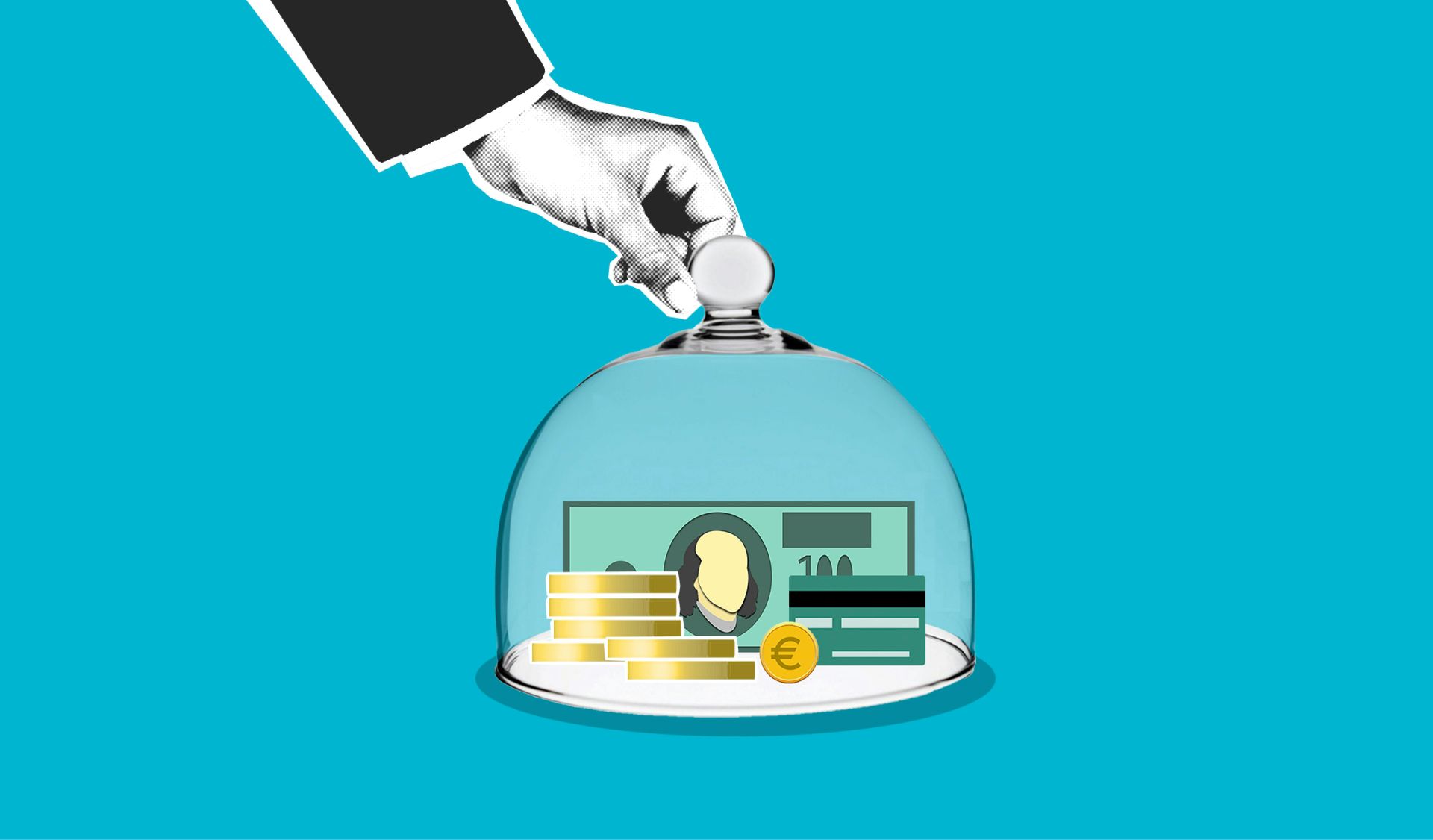The Hidden Toll of Money Anxiety on Mental Health
Even those who appear financially secure can experience underlying financial stress—and that stress can take a serious toll on your mental health. According to the
2025 Financial Stress Index, almost
half of Canadians (49%) say money is their top source of anxiety
Why Financial Stress Hits Hard
Most of us know the importance of being financially literate—budgeting, saving, and investing early. But what’s often overlooked is the emotional drain that money management can create, especially in today’s fast-paced economy
Even seemingly savvy individuals can feel overwhelmed by:
- Market turbulence, and the fear of losing money
- Decision fatigue from weighing every financial option
- Balancing responsibility, such as caring for loved ones and building wealth
- Persistent self-doubt, like asking yourself, “Am I doing enough?”
This kind of stress can become so normalized that we hardly notice it—until symptoms emerge. In fact, financial stress has been linked to a fourfold increase in health issues like sleep disturbances, headaches, and other physical ailments
Learn about the Debt Avalanche vs. Debt Snowball Method of Debt Repayment
Small Steps Toward Relief
You don’t have to tackle financial anxiety all at once. Small, consistent habits can significantly protect your mental well-being:
- Automate your finances—such as savings, bill payments, or investments—to reduce emotional load.
- Set realistic goals and timelines to keep expectations clear and manageable.
- Talk it out—whether that means speaking with a financial advisor, therapist, or a trusted friend or family member.
- Simplify your financial tools—opt for platforms or services that make managing money easier
Building a Stronger Connection Between Money and Mental Health
Think of financial wellness and mental health as two sides of the same coin. When one suffers, the other often follows. Constant worry about bills, debt, or the future doesn’t just create stress—it can influence how you make decisions, lowering your confidence and even leading to avoidance behaviors like ignoring bills or putting off important financial choices.
On the flip side, when you feel in control of your finances, you often experience better sleep, improved relationships, and stronger overall resilience. Recognizing this connection is powerful, because it means that progress in one area—like creating a budget you actually stick to—can spark a positive ripple effect throughout your life.
It’s also important to normalize these feelings. Many people experience financial anxiety, but very few talk openly about it. By acknowledging that financial stress is common and that seeking help is not a sign of weakness, you take away some of its power.
Final Thoughts
Feeling overwhelmed doesn't mean you're doing anything wrong—financial literacy doesn’t make anxiety impossible. Start by recognizing how money affects your mental state, pinpointing stress triggers, and balancing your financial goals with peace of mind. Taking steps toward both financial and mental wellness can provide lasting benefits.















